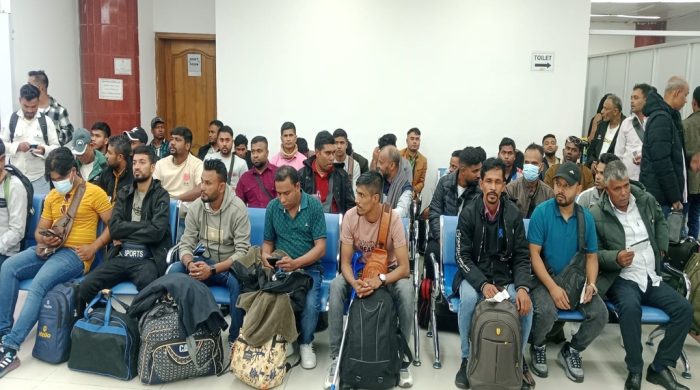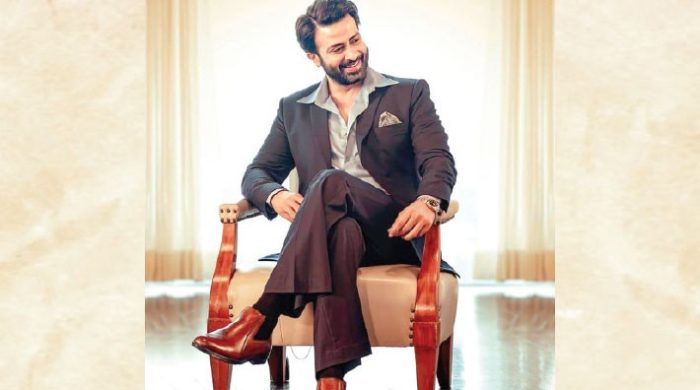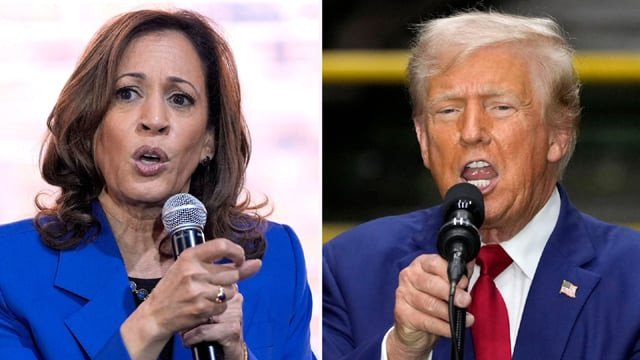Lanka president’s pledges to revive economy

- Update Time : Wednesday, July 6, 2022
- 98 Time View

THE three-wheel taxi driver did not need much encouragement to talk about the hardships in his life, starting with spending two days in the petrol queue to get his quota. He said that he had a practice of giving his three children a small packet of biscuits and a small carton of milk every morning. But now with the cost tripling, he could only buy one packet of biscuits and his three children had to share it. This is because their beloved country is facing one debacle after another for no fault of those kids or the larger nation. The latest is the failure of the government to make headway in accessing either IMF funding or other funding on any significant scale. Several countries have made donations, but these are in the millions whereas Sri Lanka requires billions if it is to come out of its vicious cycle of a dollar shortage.
There was much anticipation that the appointment of prime minister Ranil Wickremesinghe would bring in the billions that are desperately needed by the country if it is to obtain the fuel, food and medicines to keep the people healthy and the economy moving. But things have not worked out in this manner. The pickings have been slim and sparse. The IMF has given the reasons after the ten day visit by its staff to Sri Lanka. They have specifically referred to ‘reducing corruption vulnerabilities’ in their concluding statement at the end of their visit. The international community in the form of multilateral donors and western governments have prioritised political stability and a corruption-free administration prior to providing Sri Lanka with the financial assistance it requires.
The pressing need in the country is for the government to show there are political stability and zero tolerance for corruption in dealing with the prevailing crisis. It is not enough for government leaders to give verbal assurances on these matters. There needs to be concrete arrangements that convince the international community, and the people of Sri Lanka, that the government is committed to this cause. Several foreign governments have said that they will consider larger scale assistance to Sri Lanka, once the IMF agreement is operational. So far the government has not been successful in convincing the international community that its accountability systems are reliable. This is the main reason why the country is only obtaining millions in aid and not billions.
Independent commissions
THE draft 22nd amendment that is now before the parliament (which will become the 21st amendment should it be passed) would be a good place for the government to show its commitment. The cabinet has approved the draft which has three main sections, impacting upon the establishment of the constitutional council, the powers of the president and dual citizenship. However, the cabinet-approved draft is a far cry from what is proposed by the opposition political parties and civil society groups. It is watered down to the point of being ineffective. Indeed, it appears to be designed to fail as it is unlikely to gain the support of different political parties and factions within those parties whose support is necessary if two-thirds majority is to be obtained.
In the first place, the draft constitutional amendment does not reduce the president’s power in any significant manner. The amendment is drafted in a way that the reduction of presidential powers will only occur with the next president. The president now in office, who has publicly admitted failure on his part, continues to be empowered to appoint and sack the prime minister and cabinet ministers at his arbitrary discretion. He is also empowered to appoint and dismiss the secretaries to ministries, who are the highest ranking public service officials. In short, the executive arms of the government are obliged to do the president’s bidding or risk their jobs. This indicates the prime minister Ranil Wickremesinghe, whose party has only a single seat in parliament, has limited independent strength, but is there at the will and pleasure of the president.
In the second instance, the draft amendment was expected to set up a system of checks and balances for accountability and anti-corruption purposes. The pioneering effort in this regard was the 17th amendment of 2001 that made provisions for a constitutional council and independent commissions. According to it, the members of all state bodies tasked with accountability and anti-corruption functions, such as the Bribery and Corruption Commission, the Human Rights Commission, the Police Commission, the Public Service Commission and the appointees to the higher judiciary were to be appointed through the constitutional council. The 17th amendment made provision for seven of the ten members of the constitutional council to be from civil society.
Death blow
UNFORTUNATELY, in a manner designed to deal a death blow to the concept of checks and balances, the draft amendment sets up a constitutional council with the proportions in reverse to that of the 17th amendment. It reveals a mindset in the political leadership that fears de-politicisation of decision-making. Seven of the ten members will be appointed by the political parties and the president in a way in which the majority of members will be government appointees. Only three will be from civil society. This ensures a majority representation in the council for government politicians, and ensures government dominance over the political members. The composition of the constitutional council proposed in the bill undermines the independence of the institutions to which appointments are made through the council who will be unable to stem the wildly growing tide of corruption in the country.
It is no wonder that the furious people in the endless queues for petrol and diesel should believe that there is corruption at play in the continuing shortage of basic commodities. The government promised that ships would come in laden with fuel a week ago. Then, inexplicably, the information was disseminated that no ships were on the horizon. In any other country, except in a country like no other, the concerned leaders would have resigned. Due to the lack of fuel, perishable farm produce rots in rural farmhouses and markets in urban centres are empty and prices are rocketing up. In the meantime, the media has exposed rackets where the privileged, politically powerful and super rich, are given special access to fuel. It is patently clear that the government has failed to deliver on the results that were expected. The situation is getting worse in terms of corrupt practices.
To the credit of the Sri Lankan people, they are being patient. The bonds of social solidarity still prevail. Bu the anger at the self-seeking and incompetent political leaders is reaching the boiling point, as it did on May 9. President Gotabaya Rajapaksa pledged to set up an interim government in consultation with party leaders in parliament. However, he did not do so but appointed UNP leader Ranil Wickremesinghe as prime minister and thereby ended efforts of other parliamentarians to form a national unity government. The president’s pledge, made in the aftermath of the cataclysmic and unexpected violence that took place that day, was to reduce his presidential powers, transfer those powers to parliament and to appoint an all-party and interim government of no more than 15 ministers. These pledges remain unfulfilled and need to be implemented to be followed by elections as soon as the situation stabilises.
Jehan Perera is executive director of the National Peace Council of Sri Lanka.

























